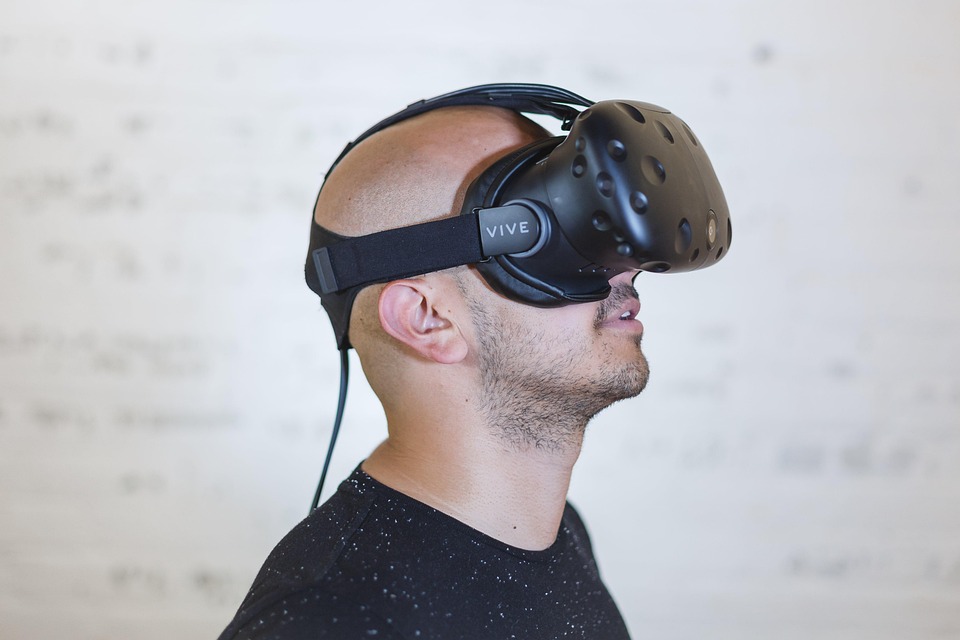Virtual reality (VR) has ushered in a new era of immersive experiences, offering users the ability to engage with digital environments in ways that were once confined to the realm of science fiction. From gaming and education to therapy and social interactions, VR’s potential is vast. However, as we delve deeper into this transformative technology, we must confront a series of ethical implications that accompany such immersive experiences. This article explores the primary ethical challenges posed by virtual reality and suggests pathways for responsible development and usage.
1. Consent and Agency
One of the most pressing ethical issues in VR is the concept of consent. Unlike traditional mediums, where users can choose to disengage at any moment, VR immerses individuals in environments that can evoke strong emotional and physiological responses.
Implications:
- Informed Consent: Users must fully understand the nature of their experience before they begin. This includes saying clear notifications regarding the risks associated with specific interactions, especially in environments that simulate sensitive situations such as violence or trauma.
- Psychological Impact: The potential for VR to trigger PTSD or other psychological issues raises questions about the responsibility of developers to create safe experiences.
Solution:
Developers should incorporate thorough user agreements and provide rigorous warnings about content. Implementing system prompts that allow users to control their experience actively and opt-out or adjust settings in real-time can enhance user agency.
2. Privacy Concerns
VR systems often collect extensive data on user behavior, preferences, and physiological responses. This data can be invaluable for improving user experiences, but it also raises significant privacy concerns.
Implications:
- Data Ownership: Who owns the data generated during a VR experience? Users must maintain control over their personal data and have the option to delete it.
- Surveillance: The capacity for tracking user interactions raises alarms about surveillance and potential misuse of data.
Solution:
The adoption of strict data protection policies and transparent data usage agreements is crucial. Developers should prioritize user consent, allowing individuals to opt-in to data collection and clearly outlining how this data will be used.
3. Virtual Behavior and Real-World Consequences
The immersive nature of VR can blur the lines between virtual actions and real-world behaviors. This overlap raises ethical questions about the impact of violent or anti-social behavior in virtual environments.
Implications:
- Normalization of Violence: Engaging in violent actions within a VR setting might desensitize individuals or encourage similar behaviors in real life.
- Accountability: If a user commits harmful acts in a virtual space (e.g., harassment, bullying), it can be challenging to enforce accountability.
Solution:
Implementing strict community guidelines and moderating VR spaces can help mitigate negative behaviors. Developers can also create experiences that promote empathy and positive social interaction, nudging users towards constructive behavior rather than destructive.
4. Accessibility and Equity
As with many technological advancements, VR raises concerns regarding accessibility and equity. Ensuring that VR experiences are inclusive and accessible to individuals with disabilities, economic disadvantages, or varying levels of technological literacy is essential.
Implications:
- Exclusion: Virtual spaces could inadvertently exclude those who cannot afford the necessary equipment or who have physical impairments that make traditional VR experiences challenging.
- Digital Divide: The advancement of VR technology might exacerbate existing inequalities in access to education, social interaction, and employment opportunities.
Solution:
Developers must prioritize accessible design, ensuring that VR platforms accommodate those with disabilities and provide affordable options. Collaborations with advocacy groups can help identify the needs of underserved communities, fostering an inclusive development approach.
5. Misinformation and Manipulation
The immersive nature of VR presents unique risks in terms of misinformation. Users may be more likely to trust simulated experiences, making it easier to manipulate perceptions and beliefs.
Implications:
- Reality Distortion: VR can create hyper-realistic environments that may mislead users or reinforce false narratives.
- Manipulative Experiences: There is potential for malicious actors to design VR experiences that serve propaganda or harmful agendas.
Solution:
Transparency in content creation is essential, along with educational initiatives to promote media literacy. Encouraging critical thinking about VR content can help users discern fact from fiction.
Conclusion
As we navigate the frontier of virtual reality, it is imperative that developers, users, and policymakers work collaboratively to address the ethical implications of this technology. By prioritizing consent, privacy, behavioral accountability, accessibility, and the fight against misinformation, we can harness the immense potential of VR while safeguarding against its risks. Ultimately, creating a responsible and ethically sound VR ecosystem will enable us to fully realize its transformative capabilities for society.



